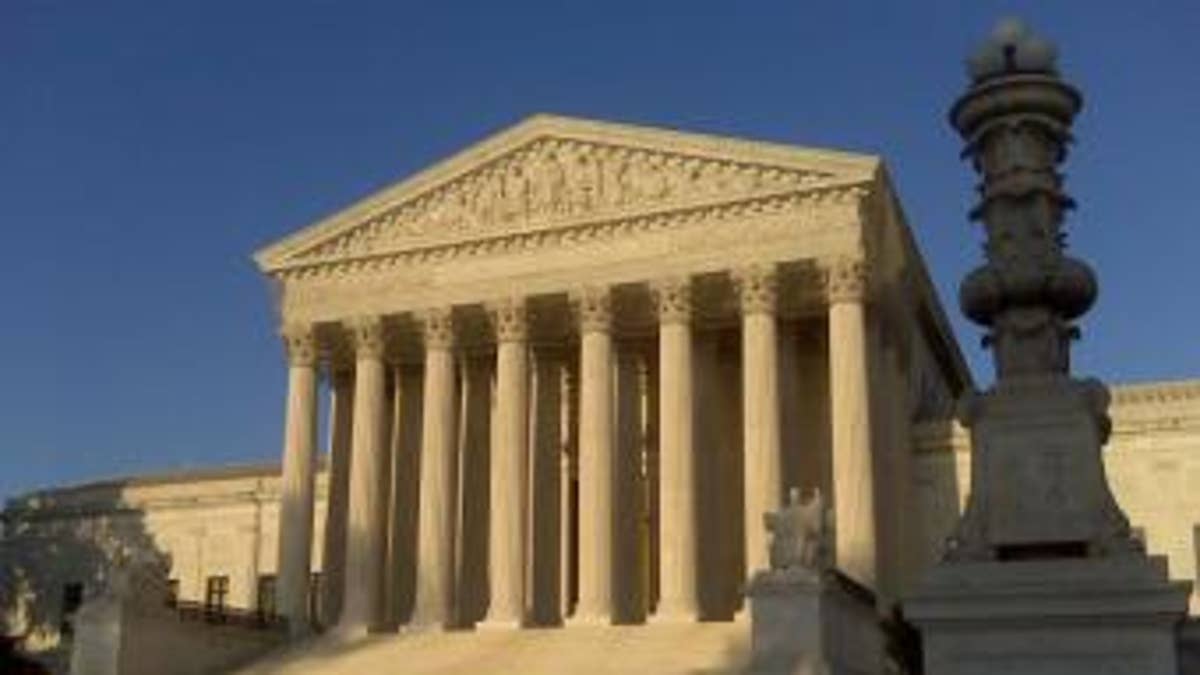
If you're thinking of buying Tiffany jewelry on eBay you might want to know there's a good chance the diamond ring or silver necklace you're looking at is fake. Tiffany knows it. And so does eBay. But that fact apparently didn't sway the Supreme Court which Monday decided against hearing arguments in a dispute over eBay's obligation to stop online auctions of bogus Tiffany jewelry.
The nearly two-century old retailer claims eBay violates federal trademark law by allowing its merchandise to be sold even with the knowledge that many items are illegitimate.
Lower courts have sided with the online marketplace powerhouse concluding that Supreme Court precedents only require eBay to remove listings it specifically knows is auctioning bogus merchandise. Judges have determined that a generalized knowledge of impropriety is insufficient. Monday's high court decision effectively affirms that judgment.
Tiffany claims the fraud is so pervasive that eBay needs to be held accountable for allowing the sales to go through. It points to other courts in different cases which have issued rulings more in line with its view of the law.
An internal study by Tiffany revealed that 75 percent of the items sold on eBay were counterfeit. Since the high-end jeweler does not use liquidators or third-party vendors to sell its goods, it concluded that anyone selling more than a handful of Tiffany items on eBay is likely selling counterfeit merchandise. A recent search for Tiffany items resulted in 8.411 auctions for available goods.
Not satisfied with eBay's system for weeding out bogus merchants, Tiffany sued. For its part, eBay argued that the legal premise of Tiffany's argument is faulty and "has no basis in [Supreme Court precedent] or in any other facet of existing contributory trademark infringement law."












































